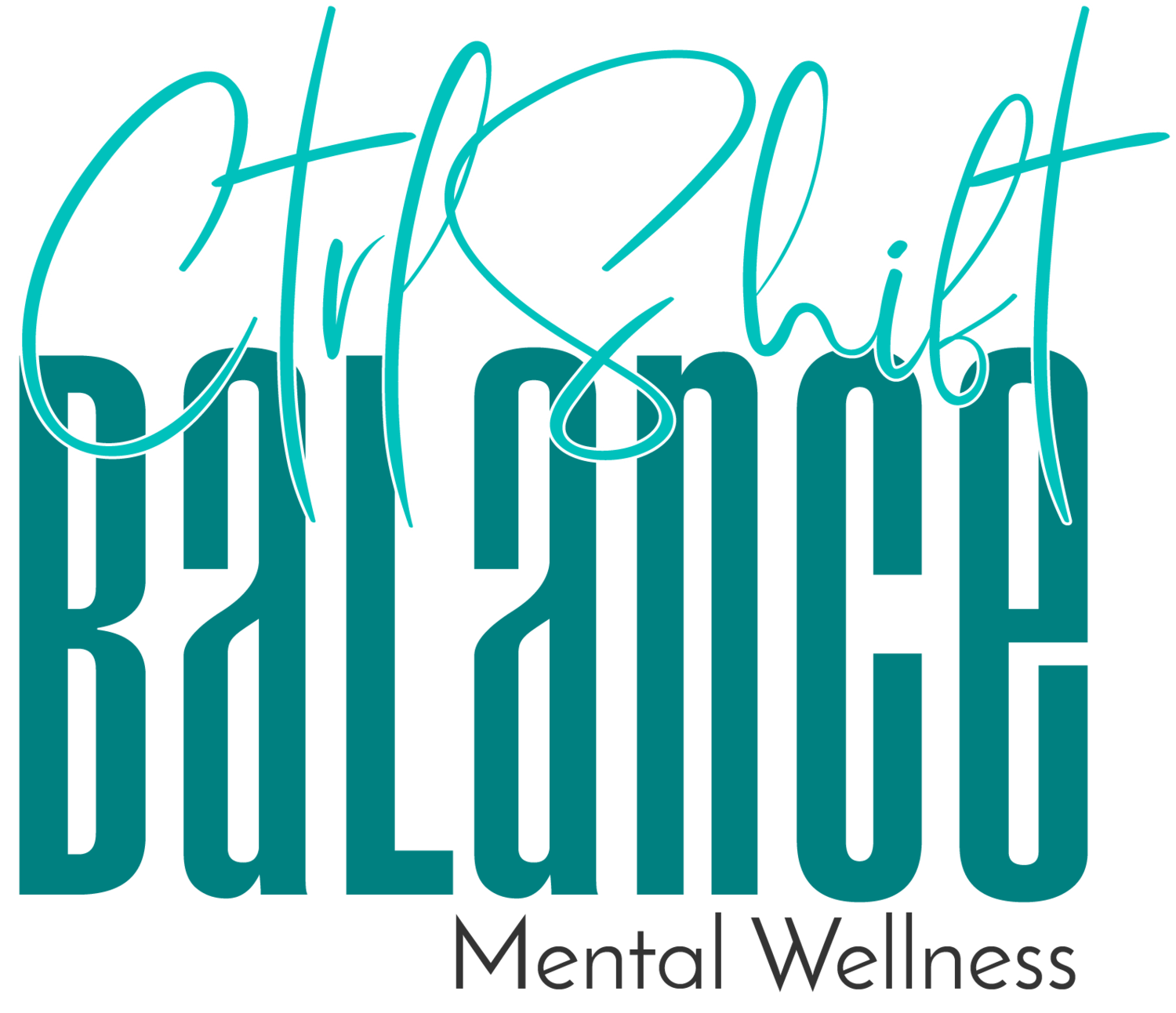
Ctrl Shift Adulting
How Do You Adult?
3 Quick Strategies when dealing with Adulting & Anxiety
‘Adulting’ – how exactly do you do it?
It’s weird, isn’t it? We all age without much effort. ‘Adulting’ isn’t something that comes naturally to a lot of us. Becoming an adult, however you define it, doesn’t happen overnight. It requires continuous learning. Not just learning how to be a ‘real’ adult, but also learning how to cope with new realities and not letting adulthood destroy your mental health.
If you’re a young adult and you feel like you’re struggling, know that you’re not alone.
Your mental health faces some of its biggest challenges in young adulthood. Whether it be self-consciousness, depression, FOMO, anxiety, or dealing with uncertainty about the future, this stage in your life can be a very trying time.
So, how do you deal with it? How do you deal with ‘adulting’ and all the anxieties that seemingly come with it?
Accept yourself.
Do you feel like no one ‘gets’ you? Have you always felt like you never quite fit in? Do you feel sidelined or left out of ‘mainstream’ society?
Accepting yourself is often easier said than done. But please know that there’s acceptance out there, truly. And it needs to start with you. Accept yourself and you’ll find others who’ll love you for you, too.
Yes, you might feel confused, intimidated, and lonely at times. But, know that there’s a place – and a community – out there that will make you feel safe and appreciated for who you truly are.
Practice self-care every day.
Self-care is exactly what it sounds like – doing little things every day to take care of yourself. Self-care doesn’t have to be anything complicated to make a difference. Getting a good night’s sleep, engaging in physical activity, and eating healthy meals – are some things you can do to improve your overall physical and mental health.
Aside from those, you should also do other things you enjoy. Binge-watch your favorite TV show. Get a massage. Jam to your favorite songs. Whatever it is, just make sure to do something that you truly enjoy.
Seek professional help.
There’s absolutely no shame in seeking professional help for your mental health. After all, you seek medical help when you’re physically unwell. So why not seek help when you’re struggling emotionally and mentally?
Whatever you’re struggling with – be it self-esteem issues, or anxiety – know that there’s help available. Talking about your mental health issues not only provides you with guidance. But can also help you better understand your emotions and how to deal with them.
The Struggle is Real, but the key is how we react to the struggle
Adulting can be a struggle, but dealing with your mental health doesn’t have to be.
If you feel uncomfortable with counseling, give yourself some time to think about it. In the meantime, practice self-care. Learn to accept yourself and allow yourself to feel your emotions. And when you’re ready, know that there’s always help available to you.
Are you ready to talk to someone? Schedule a consultation today.
With Balance & Wellness,
Shayla Peterson, LCSW
Ctrl Shift Negativity
“Your living is determined not so much by what life brings to you as by the attitude you bring to life; not so much by what happens to you as by the way your mind looks at what happens.”yourself to find the silver lining in a situation, your negativity will dissipate”. -Khilal Gibran
Some of us, even though we may not know why, are focused on the negative aspects of life. Do you notice more of the not-so-good elements of your existence rather than focus on the great things happening around you?
Or you might find yourself being negative in certain situations, like only when you’re with your brother or your spouse’s family. Consider the situation that’s triggering your negativity. If you’re consumed with it, then you’re not noticing the positivity and brightness around you.
Apply these tips when you recognize you’re thinking negatively:
1. Stay in tune with yourself. Are you often disagreeing with others or bringing others down by your negative comments? Watch what you’re saying to others. Reflect on the reason you might want to bring this negativity.
2. Ask yourself, “why.” What are the reasons you’re being negative in the situation? Are you actually a bit envious of your brother because he’s doing so well financially? Maybe you didn’t really feel like visiting your in-laws so you’re directing your negative feelings toward your partner at the moment.
‣ When you figure out whether your negativity is situation-related or maybe because you’re just not feeling well this day, you’re in a better position to take some steps to control it.
3. Tell yourself to stop the negativity now. Although it sounds overly simple, you’re the only one who can truly decide to stop these thoughts. If it will help, visualize a red octagonal stop sign in your mind’s eye. Focus on the stop sign to arrest those negative thoughts.
4. Recognize. Rarely does anything positive come from your negativity. Plus, those thoughts stand to make you feel worse about whatever situation you’re in.
‣ When you can say to yourself, “My attitude’s not helping anything,” it shows you recognize the impact of your negativity on yourself and others.
5. Challenge yourself. When you’re in a situation that typically triggers your negativity, focus on finding the positives. You may be surprised at what you discover.
For example, if you have only tepid feelings about spending time with your in-laws, decide to discover something positive about them next time.
‣ Maybe you share a love for the same type of music or your mother-in-law loves Marlon Brando movies just like you do. When you challenge
‣ For example, if you have only tepid feelings about spending time with your in-laws, decide to discover something positive about them next time.
‣ Maybe you share a love for the same type of music or your mother-in-law loves Marlon Brando movies just like you do. When you challenge yourself to find the silver lining in a situation, your negativity will dissipate.
Only you have the power to flip your world from darkness to brightness. Simply by refusing to take the route of negativity, you’ll discover the magic of your personal strength. When you leave the negative behind, you’ll discover nothing but positive waiting for you. That’s when you know you’ve taken control of your thoughts in the strongest sense.
Would you like to start working on reducing negative thoughts, let’s chat and schedule today.
A companion journal to working on coping with negative thinking is Hey Sis : 40 days of self reflection and encouragement, purchased here.
Be Balanced & Well,
Shayla Peterson, LCSW
Ctrl Shift Fire
When your anxiety shows up, picture it as fire and you have three choices:
Throw more logs in the fire (feed)
Watch the fire (passive)
Put out the fire (interrupt the cycle)
When we add more logs to the fire, you are thinking more anxious thoughts. Those logs can look like catastrophic thinking, all or nothing thinking or mental filtering. Often times leading yourself to a scenario that may not happen.
When you sit back and watch the fire, you may not throw logs in the fire, but you not making moves to prevent it from spreading. This can lead to feelings of panic out of nowhere.
Put the Fire out, this is the opportunity to provide you with relief from your anxiety. Take note that your relief may not be immediate or perfect. You can reduce the escalation with tools. This is the time to slow down, check in with yourself and slow down your thoughts:
1. Write your thoughts down. Schedule time to acknowledge them.
2. Write down your feelings about the thoughts. Spend time with them.
3. Re-frame your thoughts. Educate them.
4. Recognize the small wins of relief.
5. Repeat again.
Will you add more logs, watch it or put out the fire of anxiety?
Ctrl Shift Situations
Sometimes work, caring for a sick or elderly family member, having financial trouble, or other concerns can cause you to feel stressed. It's common to get stressed out when something like that is a large part of your life, but you can find constructive ways to deal with the concerns you're facing so you can keep your peace.
When you end up in a situation or around a person that causes you stress, focus on the things that really matter. Is it worth getting upset about? If it really is worth worrying about, what can you do to make things smoother, ease the worry, or change the situation?
Consider these options to reduce your stress:
1. Seek solutions. Talk with the people in your life who cause you stress to look for solutions together.
2. Let go. Letting go of a negative relationship that's troublesome, problematic, or just plain unhealthy can benefit both of you if you can't turn it into a positive force in your life.
3. Switch jobs. If your working conditions are volatile or consistently upset you regardless of what you do to rectify the situation, looking for another job or switching departments may be the answer you're looking for.
4. Ask for help. Seek help with difficult situations, regardless of what kind of challenge you face. Confiding in a trusted friend, family member, or therapist can help relieve your stress and sort out solutions.
5. Take time to de-stress. Schedule time to relax, let go of problems, and recharge. Do your favorite activities or hobbies in your "me" time, meditate, or just take a nap - whatever works best to relax you.
For some people, getting rid of - or at least lessening - mental stress is easier than it is for others. If you find that you're having serious trouble letting go of stress in your life, see a professional who can help you.
Ask yourself how will my life be different in 90 days with the choices that I make today?
Above all, commit to living a more peaceful life. The peace and joy you deserve are right around the corner. When you make a conscious decision to start letting go of mental stress, you'll be better able to see the joy in your life again.
Be Well & Unstressed,
Shayla Peterson







